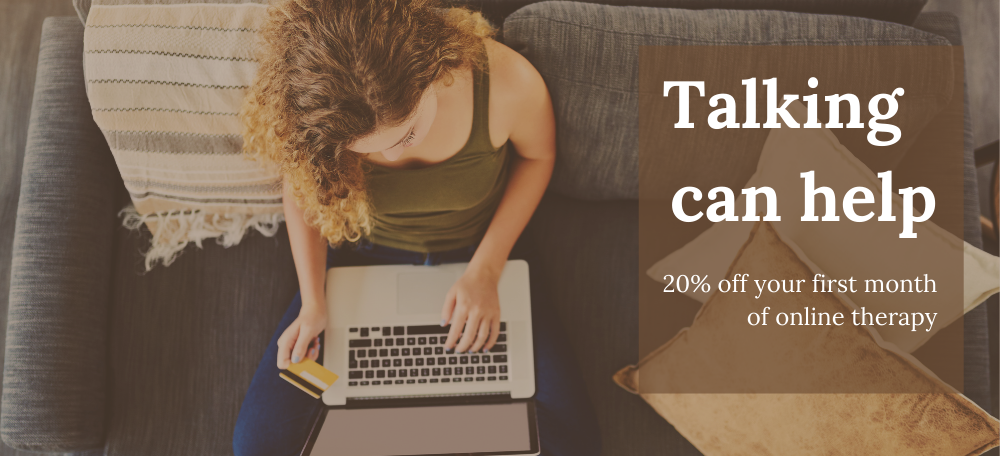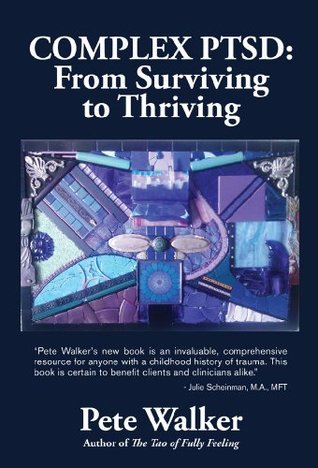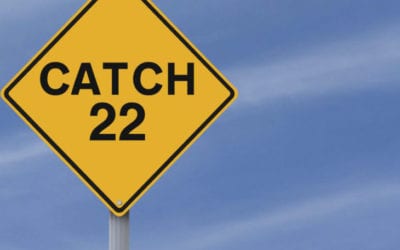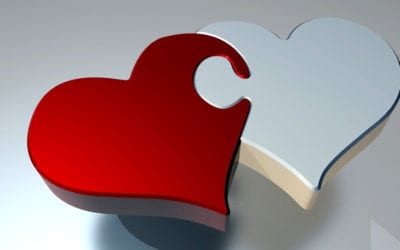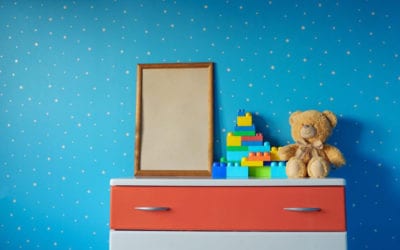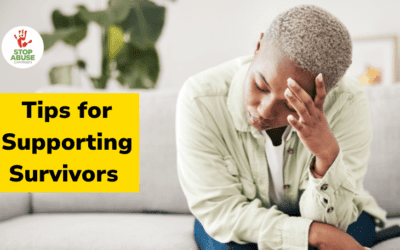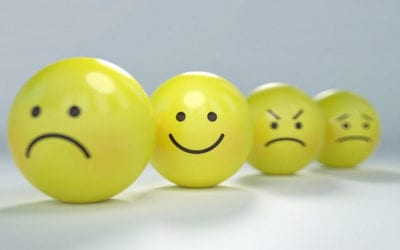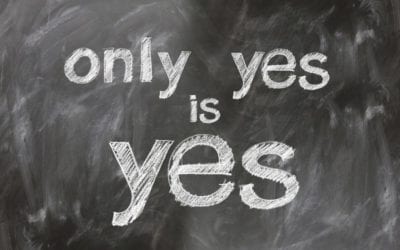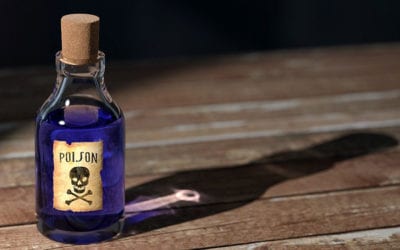Healing from ACEs
There are many paths to healingRead about methods, explore survivor stories, find mental health professionals, and learn how to progress further on your own journey toward healing.
Read more about ACEs
One of the most common questions people ask after learning about the Adverse Childhood Experiences study is, “how can childhood events have such profound, diverse effects, decades later?”
The answers to that question are complex but start with the way harm is done directly to body systems by chronic stress and the changes the toxic stress does to the brain and most basic emotional processing.
Our bodies develop to respond to stress in ways that favor short-term survival over long-term survival. This response makes sense; if you can’t survive a situation that poses an immediate, life-threatening emergency, long-term survival is irrelevant.
“This is an absolutely fascinating and clearly written book by one of the nation’s most experienced physicians in the field of emotional trauma. The Body Keeps the Score helps us understand how life experiences play out in the function and the malfunction of our bodies, years later.”
—Vincent J. Felitti, M.D., chief of preventative medicine, emeritus, Kaiser Permanente San Diego; co-principal investigator, ACE study
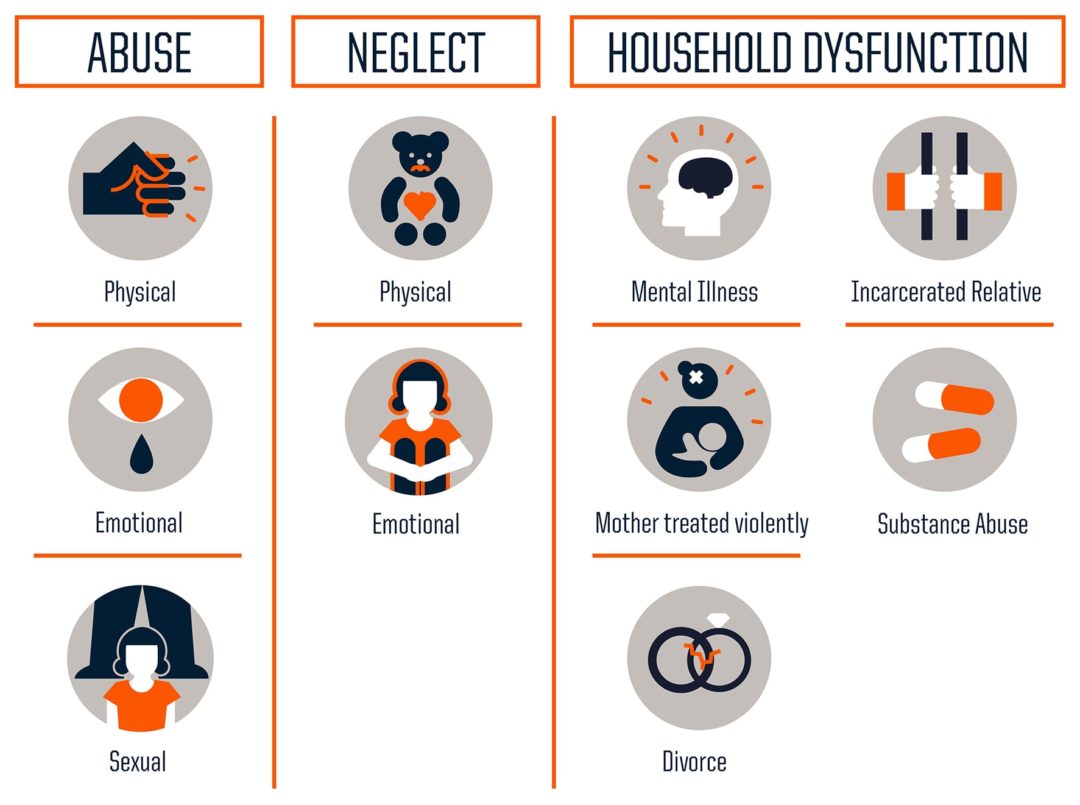
The ten traumas identified in the Adverse Childhood Experiences Study [see panel] are so profound that they cause children to have ongoing fear for their lives and safety. That causes a stress response that is helpful in the short term but not in the long term.
These chronic stress responses can change how a child’s circulatory system, nervous system, respiratory system, endocrine system, and immune system develop. Even when people with high ACE scores don’t engage in other high-risk activities, their risks of dying prematurely from diseases like cancer, heart disease, diabetes, and COPD are higher.
However, many people with high ACE scores also engage in high-risk activities, thus further increasing adverse health outcomes.
Chronic stress in childhood is likely to cause a child’s brain to develop to be ready for more chronic stress. Children are more likely to view the world as a terrifying place. Depending on the child’s trauma, they may develop Post Traumatic Stress Disorder (PTSD), Attention Deficit Hyperactivity Disorder (ADHD), or have difficulty forming a healthy, secure attachment.
These things will cause further stress for the child; PTSD means the child will experience debilitating bouts of anxiety and panic. Impaired attachment means the child will have trouble learning to calm themselves and regulate their emotional ups and downs. When a traumatized child starts school, their brain is still in survival mode. That means their learning and social skills are likely to develop slower than they would otherwise, and this makes school less enjoyable and rewarding for them.
Children who have suffered ACEs are less likely to succeed in school. More likely to suffer from addiction. And more likely to be in an unhealthy relationship. All this making it less likely they will pursue an advanced degree or hold down a steady job. Financial hardship is one of the metrics identified in the original ACE research.
If someone struggles with employment, the primary source of health insurance for most people, the odds of them consistently receiving medical care are lower.
And here we see how the harm caused by ACEs comes full circle; changes in emotional health affect psychosocial and economic health, which, in turn, affect physical health. There are countless ways these different spheres can affect each other. But the good thing about circles is you can break them at any point.
Our brains can change and respond to positive experiences, even in adulthood. There are specific therapies that are particularly helpful in healing from childhood trauma. But treatment will be of limited use if you’re in an abusive relationship, don’t have a stable income, housing, or access to food and medical care. You can also fix all of these things. Therapy and lifestyle improvements will help reduce the stress in your life, and that, alone, will help with physical ailments related to ACEs.
No Results Found
The page you requested could not be found. Try refining your search, or use the navigation above to locate the post.
Menu for the holidays: turkey, ham, and…elephant?
Holidays for abuse survivors: it is not your job to swallow the truth elephant just to make your family feel comfortable.
Self Imposed Catch 22s – A Lasting Symptom of Narcissistic Abuse
What is Narcissistic Abuse? How can it be characterized? What is the ‘double-message double-bind” that abusers use? What can you do?
Sharing the burden of pain as a community
Suffering kept silent is a heavy-weight on the soul but sharing the burden of pain with your community can be difficult if they don’t want to hear.
Heal your inner child by creating a place for them in your adult home
Integrate your younger-self into your adult life. An abusive upbringing can make us feel like our young-self is still in our childhood home.
5 tips for friends of survivors
Your friend has just told you that they have been sexually assaulted, abused, stalked or raped and you want to support them but you’re not sure what they need. Maybe it happened to them decades ago, in childhood, or maybe it was as recent as today. You want to help your friend in any way you can. Situations may vary, but here are 5 tips for friends of survivors.
How to cope with anxiety
Having anxiety is difficult to explain to people. Sometimes, you feel like everything is falling into place, and the next, your world feels like it’s crashing down on you. Stress, feelings of neglect, worries about the future, all of these can combine into an anxiety episode or attack.
Consent matters; so does teaching it
Consent matters. Set your own boundaries and respect the boundaries of others. We don’t need complicated contracts, we need a revolution.
Healing through the power of memoir
A memoir contains a magical ability to heal. Discover how using a memoir for healing from abuse works? How do you start?
10 signs of a toxic relationship
No relationship is perfect, be it familial, a friendship, romantic relationship, or a marriage, yet any of these can be a toxic relationship
Protecting children means happier, healthier lives.
The Adverse Childhood Experience (ACE) Study shows how childhood trauma leads to shorter, sicker lives. We protect children and prevent ACEs. Take action now, you can help us break the cycle of abuse.
